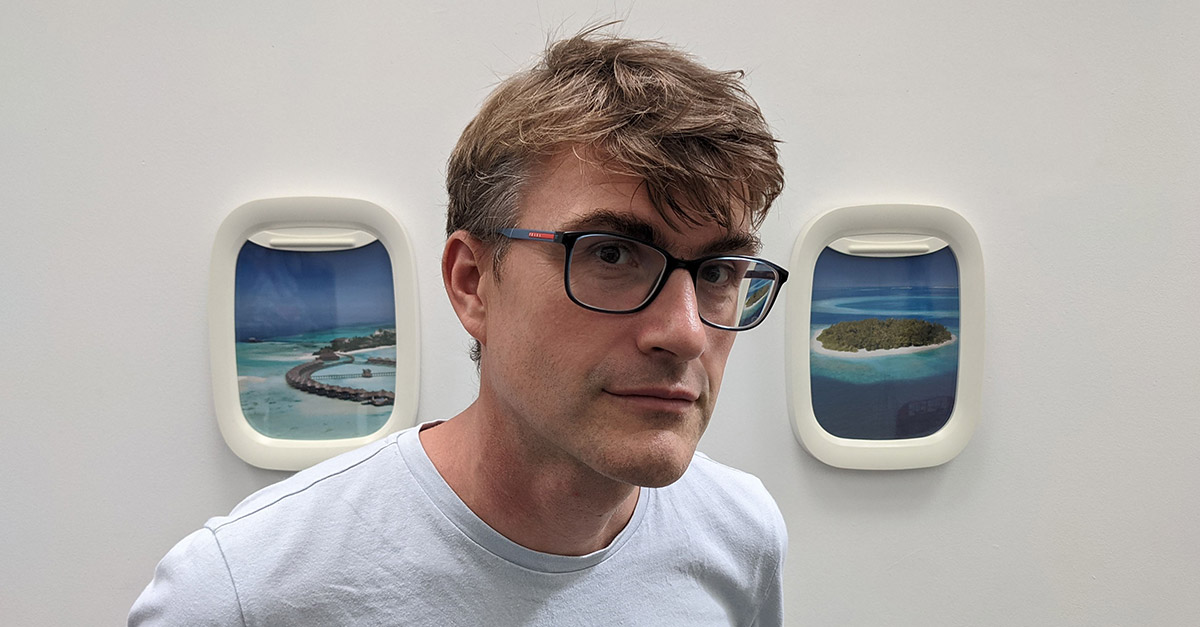Comment: Too many Britons are missing out on Sri Lanka
Source : travelweekly
Sam Clark, chief executive of Experience Travel Group, believes the destination is being let down by FCDO advice
When I visited Sri Lanka last October, I heard a Sinhalese cultural idiom which stuck in my head – “Giya loola maha ekaa lu”. This roughly translates to “the eel that escaped your hands is the biggest one”: an allegory for a missed opportunity.
Sadly, too many Britons are missing out on the wonders of Sri Lanka – the country’s ancient temples, idyllic beaches, cultural riches and diverse wildlife are some of the greatest wonders of the world.
But Britain’s own foreign office is needlessly deterring its citizens from visiting. The FCDO’s advice concludes that ‘’protests” and “violent unrest can happen anywhere across the island at short notice”, attacks could be “indiscriminate” and that “the authorities may impose restrictions, including curfews, with little or no notice”.
Researching this further, we have seen neighbouring countries in the Indo-Pacific region are similarly affected by discrepant travel advice. In 2021, The FCDO did not update Laos’ travel advice concerning Covid-19 when restrictions were lifted in the country six months prior.
These inconsistencies risk undermining confidence in the whole system of FCDO advice, deterring everyday travellers needlessly but also provoking indifference in seasoned globetrotters who regard the government’s views as hopelessly conservative.
We had therefore hoped to see changes to the Sri Lanka advice when it was recently reviewed in November. However the changes were synthetic and inadequate, with continued reference to “violent unrest” which has long since ceased.
As a tourism provider, my utmost priority is the safety and security of our travellers. The 2022 Sri Lankan protests have of course been shocking, not least to my friends and colleagues living and working in the region.
However, while the FCDO tows the media line perpetuating an unduly negative and damaging narrative, the reality on the ground for the average British national couldn’t be more different.
While the economic situation led to a temporary shortage of essential goods and widespread protests back in the spring and summer of 2022, the $2.9 billion bailout from the International Monetary Fund allowed the economy to stabilise and the political situation to calm.
Sadly, this authentic portrait of a safe Sri Lanka is not present in the FCDO advice, with only the hollow inclusion of “security was stepped up across the island”. The tone makes Sri Lanka sound more like a police state than a thriving tourist hotspot.
The advice has taken hold in the British public’s imagination. I recently attended The Cheltenham Travel Festival to promote Sri Lankan tourism, and was questioned by the audience directly on how safe Sri Lanka is to visit. One audience member even quoted the FCDO advice back at me directly.
Meanwhile, Harin Fernando MP, Sri Lankan minister of tourism, tells us the advice has had a very real effect on tourism in the region.
And that, to me, is the particular tragedy. Poorly conceived advice impacts the citizens of Sri Lanka directly. The tourism industry in the country currently employs over 488,000 people and is anticipated to boost by 1.6 per cent each year until it reaches over one million by 2028. One-in-five people in Sri Lanka rely on income generated by tourism to the country.
Since the launch of our open letter, we have heard similar stories of discrepant travel advice across the globe. Mike McHugo MBE, Owner and Managing Director of Discover Ltd, got in contact with us to share his own struggle to change the travel advice in Morocco.
Despite the low risk of safety to everyday travellers, the travel advice for Morocco advises tourists to avoid “crowded areas” and “areas where foreign nationals and tourists are known to gather”.
A new approach should ensure there is consistency across not just for the Sri Lankan tourism industry, but in countries across the globe. We hope that tourist industries and travellers alike one day will be able to place their trust in the advice once again.
Until then too many of the biggest eels of all – experiences in beautiful, safe Sri Lanka – will continue to slip through tourists’ fingers. Giya loola maha ekaa lu.








